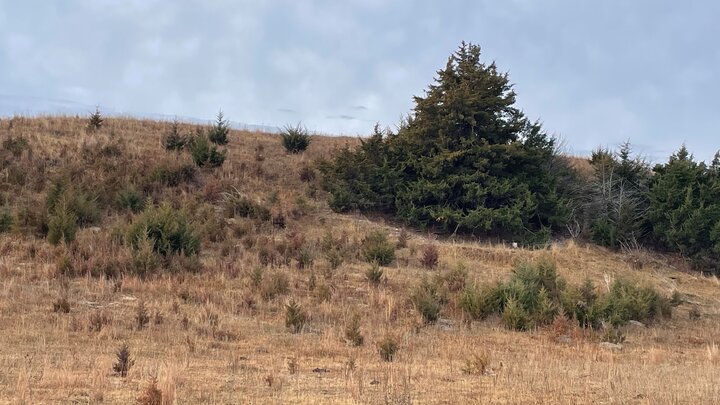University of Nebraska–Lincoln scientists continue to advance the understanding of sorghum’s natural defenses, new findings that can strengthen crop resistance to a major pest threat, the fall armyworm.
These voracious caterpillars harm a variety of crops, including corn and soybeans. Once the creatures begin feeding on plant stems or leaves, producers typically lose at least a quarter of their crop. Originally native to the Americas, this invasive pest has spread to Africa, Asia and other parts of the world, posing a major concern for food security and agricultural sustainability.
The fall armyworm larvae feed at nearly all stages of plant growth, spread rapidly and display increased resistance to pesticides. In response, the university’s Department of Entomology is conducting multidisciplinary, federally funded research in collaboration with the U.S. Department of Agriculture’s Agricultural Research Service, focusing on sorghum.
In the latest findings, Joe Louis, Harold W. Eberhard Professor of agricultural entomology, and colleagues identified how the sorghum gene Brown midrib 12 (Bmr12) encodes an enzyme, COMT, important to the plant’s natural defenses. The team recently published its findings in a paper for Plant Physiology.




